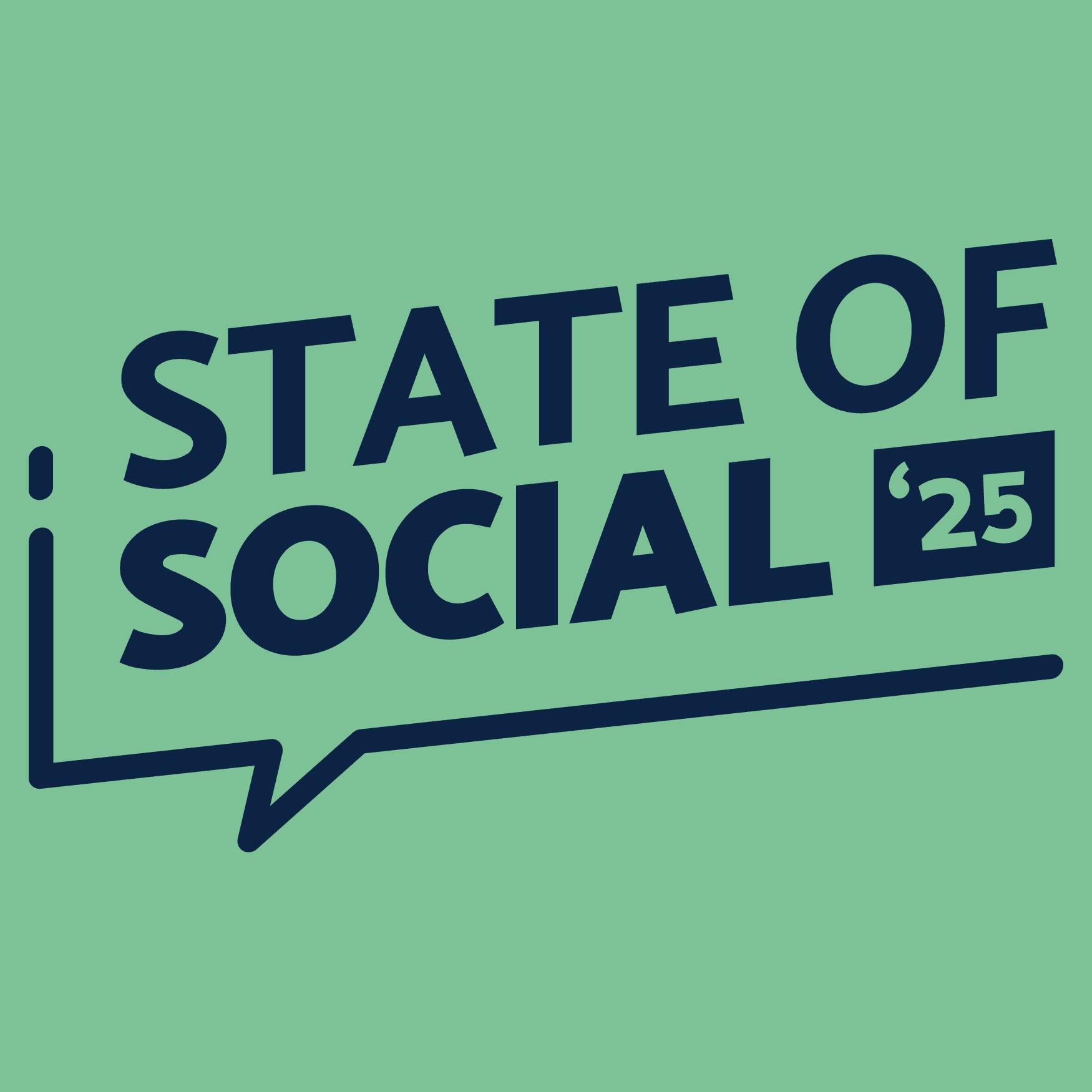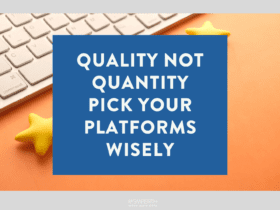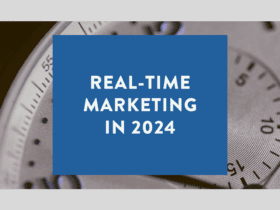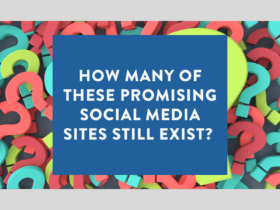Three out of four members of Perth’s social and digital community Social Media Perth believe Facebook will experience a loss of users over the rolling data privacy scandal.
In a survey, that coincided with 300,000 Australians being notified their Facebook accounts were sold to political campaigners Cambridge Analytica, half thought the #DeleteFacebook movement could see up to 10 per cent of users lost.
One in four thought attrition could be up to 30 per cent.
The results confirmed the seriousness of the issue, according to #SMPerth’s Meg Coffey, who conducted the survey among 200 of Perth’s most active social and digital community members.
Trust in Facebook is gone.
She said almost 85 per cent reported that the Cambridge Analytica scandal had impacted their trust in Facebook — significant given this community used social media at a high frequency every day.
“These results signify that our community — some of whom are leaders in Perth’s digital marketing space – believe Facebook’s reputation is tainted,” Coffey said.
“This could have a massive impact on the way people will use Facebook into the future.
“There’s nothing else like Facebook, and that’s what makes this situation so interesting. When other platforms have had scandals, there have been alternatives to jump on. That’s not the case this time.”
More than 40 per cent of respondents said they were now at least somewhat less likely to want to spend time on Facebook and 53 per cent said they were somewhat or much less likely to recommend Facebook advertising to others.
Coffey says the shift in sentiment, if replicated widely, could begin to show the limits of social media business models that rely on packaging data and targeting users with advertising.
“We rely on Facebook to market brands, implement strategies for clients, get news updates, share stories and build communities,” Coffey said.
It is not just Facebook that faces questions, Coffey says, but other parties that use the social media site also need to look at data security.
Some 80 percent of respondents to the survey reported having used Facebook credentials to log into other websites at least once, and a quarter frequently used it to log into other sites.
“We received comments from our members about how they’ll now question what they really want people to have access to through their social media accounts,” Coffey said.
“Facebook has been the bedrock of multiple apps and platforms, so the damage to Facebook’s reputation will affect other affiliated apps which will take a beating and potentially lose members.
“The power of influence that Facebook has held for so long may be starting to waiver – marketers need to think about their strategies and understand that it may not be wise to put all efforts into rented land.”
The scandal has seen Mark Zuckerberg attempt some serious reputation management, implementing new initiatives, strategies and investigations within Facebook to ensure that its users’ data will not be sold to and scraped by third party apps.
Issues around influence, behaviour and innovation will be canvassed at the upcoming State of Social conference, to be held at Perth’s Optus Stadium on 26 June, featuring leading speakers, members of #SMPerth and delegates from across Australia.
“As the first of its kind in WA, the State of Social conference will give our marketing community a chance to congregate and learn from each other on navigating through the ever-changing social media marketing world,” Coffey said.
“At the moment, the conversation around Facebook is evolving every day. By June it will be interesting to see just how many users have deleted their Facebook accounts or significantly reduced their time spent on the app.”
Have you lost trust in Facebook? Tell us in the comments.
For information on the State of Social conference visit stateofsocial.com.au.








LET’S CONNECT